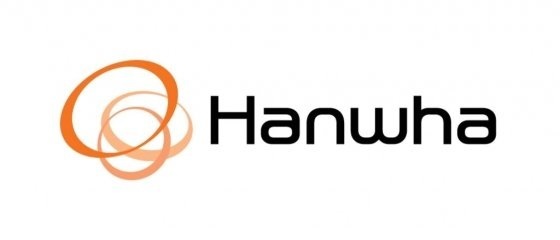
South Korean defense-to-energy giant Hanwha Group said Friday that it is revamping its business structure to maximize synergy among defense units with an aim to mimic the success of Lockheed Martin, the US-based aerospace and defense company.
Under the scheme, Hanwha Aerospace, its largest defense arm that mainly produces aircraft engines, will take over the defense unit of Hanwha Corp., a de facto holding company of the group, and absorb its wholly owned subsidiary Hanwha Defense.
At the same time, Hanwha Corp. whose key business areas include batteries and solar power will seek synergy by acquiring semiconductor equipment and smart factory solution developer Hanwha Precision Machinery, a subsidiary of Hanwha Aerospace.
In the meantime, Hanwha Aerospace’s energy equipment affiliate Hanwha Power System will be acquired by chemicals-to-energy affiliate Hanwha Impact, setting the latter with an expanded foothold in terms of hydrogen business value chain.
In a 2 trillion won mega deal with Samsung Group in 2014, Hanwha acquired then Samsung Techwin and Samsung Thales along with two other chemicals units. Hanwha Aerospace, formerly Hanwha Techwin, rebranded itself in 2018.
By acquiring the two sister units, Hanwha Aerospace is expected to grow in size and expand its sales network overseas.
Currently, Hanwha Aerospace targets North American and European market, whereas Hanwha Defense’s major clients are located in Turkey, India, Egypt, Indonesia, Malaysia, Vietnam and UAE.
Combined with Aerospace’s technological prowess and Hanwha Defense’s operation of armored vehicles such as infantry fighting vehicles Redback and K21, Hanwha Aerospace said it would also establish a defense R&D center to continuously develop technologies.
The company said it aims to become a top 10 global defense company by 2030.
“To actively respond to the evolving defense trend that adopts AI, drones and robots, we will make a preemptive R&D investment and secure next-generation technologies such as autonomous driving and energy storage technology,” said Hanwha Aerospace CEO Shin Hyun-woo.
Meanwhile on Friday, Hanwha Aerospace posted second quarter revenue of 1.6 trillion won which inched down by 0.9 percent on-year. Its operating profit fell by 14.8 percent to 112.9 billion won.
By Kim Da-sol (
ddd@heraldcorp.com)





![[Exclusive] Hyundai Mobis eyes closer ties with BYD](http://res.heraldm.com/phpwas/restmb_idxmake.php?idx=644&simg=/content/image/2024/11/25/20241125050044_0.jpg)
![[Herald Review] 'Gangnam B-Side' combines social realism with masterful suspense, performance](http://res.heraldm.com/phpwas/restmb_idxmake.php?idx=644&simg=/content/image/2024/11/25/20241125050072_0.jpg)

